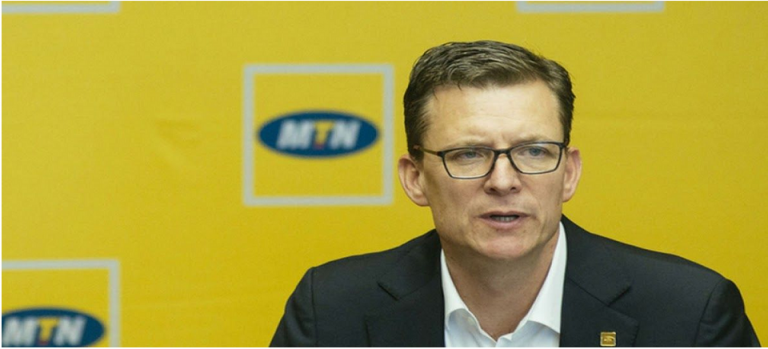
This is from MTN CEO, Rob Shuter: “3G is much more relevant in most of our markets” than 5G. He is a businessman in the real economy. He knows what moves the digits. All the hypes of 5G in Africa can wait!
“This is the technology that would be used for very specific cases. It would not be a technology for everybody because most people don’t need it, your phone works fine on just 3G,” Rob Shuter told Reuters at a telecoms conference in Durban. ..
“What we are doing now is to learn from the technology and get our network ready for it but I think 3G is much more relevant in most of our markets,” he said.
As you ponder that, I refer to this comment on on a recent piece on Tekedia. Learn from the legends, in Africa, and do not invest based on hypes from Beijing, London and California!
1. Africa has a demand problem and not a supply problem. 46% of pop is covered by 4G but only 9% 4G adoption.
2. Hence 5G will also be supply driven, and networks will be built even before users start using it.
3. While 5G is inevitable, it is not imminent. 2025 is a more realistic date for its mass market availability.
4. Globally, 5G rollout is not based on verifiable business case. Rather, it is dependent on market readiness. GSMA looked at 43 indicators of readiness for 160 countries and it is clear that African countries are not ready for 5G in 2019.
5. Leapfrogging is tantalising but unrealistic.
Now, that your AV, VR and esoteric Silicon Valley products must be calibrated with reality. Even if they build 5G networks, Nigerians do not have the urgency to update. Simply, if 3G is stable and reliable, few will even care for 4G.
Register for Tekedia Mini-MBA edition 19 (Feb 9 – May 2, 2026): big discounts for early bird.
Tekedia AI in Business Masterclass opens registrations.
Join Tekedia Capital Syndicate and co-invest in great global startups.
Register for Tekedia AI Lab: From Technical Design to Deployment (next edition begins Jan 24 2026).
My model is 2022 for immersive connectivity; 2025 seems fair for 5G at scale. We will be hoping for solutions similar to South Africa’s Rain network, as captured by TC Daily. Unfortunately, it will take time to have real demand to necessitate that in Nigeria.
South Africa’s youngest telecom, Rain, has launched a commercial 5G service, making them the first telecom to do so on the African continent. The newly launched service offers speed as much 700 megabytes per second and is only available in some parts of the country. Rain, a data-only network, has been working on the broadband infrastructure for quite some time. In February, it revealed that it had partnered Huawei, the Chinese telecom giant and leading 5G company, to help develop the capability. With no existing 2G and 3G infrastructure to maintain, Rain’s 5G service is supported by 4G infrastructure, and this allows it to leapfrog other telcos who need new spectrums to upgrade to the latest broadband
---
Connect via my
LinkedIn |
Facebook |
X |
TikTok |
Instagram |
YouTube


And Rob should also stop selling 4G SIM card, which most people are yet to comprehend its usefulness in their lives, while sucking their data bundle with reckless abandon.
The 3G in question hasn’t even achieved optimisation in many parts of Nigeria, if what I studied in telecom engineering is anything to go by; the speed is still hovering around 2G, all these nomenclatures don’t change a thing.
What we have seen in telecom space with high sounding termilogies still doesn’t solve ordinary man’s problem here: reliability and respectable speed. Yet we keep hearing the sort of things we hear in economics: GDP, inflation, growth, recession; yet ordinary Nigerians only need food and decent living conditions, but we choose to plot graphs and load slides…
As long as the network meets our needs, the G that is driving it may never matter to most people.
“As long as the network meets our needs, the G that is driving it may never matter to most people.” I agree on that.